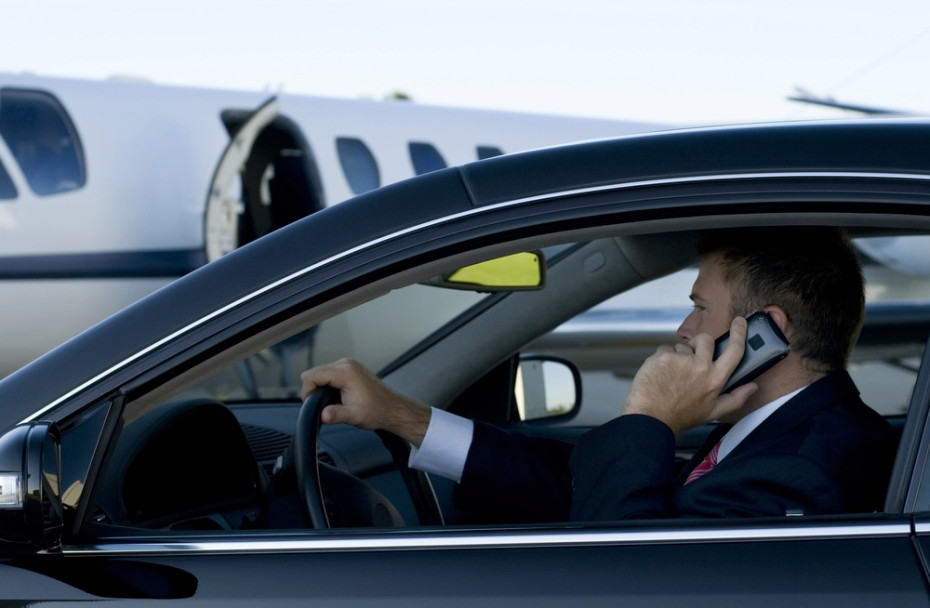Source – venturebeat.com
As it relates to technology, the private aviation industry has been flagging lately. While some industries — health, retail, manufacturing, automotive — have adopted machine learning in recent years and used it to transform their businesses, our sector has fallen behind.
What the private aviation industry specifically lacks is machine learning technology to streamline workflows, business processes, customer procurement, and financial settlements. Midway through 2017, however, a corner is being turned, and aviation companies are increasingly starting to deploy consumer-facing technology to bolster customer service.
The private aviation industry has lagged behind many commercial airlines where technology is concerned. But delivering a service built upon automation and intuitive self-learning that fulfils every need of that highly demanding customer segment, the private flier, is a particular challenge.
Improving service via machine learning
To date, machine learning technology in aviation has mostly focused on the control of aircrafts or their internal systems. Most organizations are currently obsessed with the idea of automated piloting for self-flying planes. While that phenomenon is on the horizon, there are more immediate ways for us to use machine learning to enhance customer experience.
Whether you’re working in private or commercial aviation, there’s never been a more exciting time to be in the sector. We’re seeing airlines like Etihad Airways use machine learning to provide more personalized services to its passengers. Other airlines, such as EasyJet and Emirates, are using these advances to simplify the ticketing process and enhance internal operations.
Over time, the goal for the industry will be to leverage automation to personalize private charter for global travelers, as well as make the booking process more transparent, timely, and accessible. It’s all about smoothing and enhancing the flying experience for customers.
Additionally, private jet providers and airlines must leverage machine learning to identify how customers engage with the brand, detect their purchasing patterns, and segment them accordingly. By learning whether consumers prefer to make requests via a mobile app or the web, what time of the day they prefer to fly, and the amount they are willing to pay for flights, those companies will better understand and cater to consumer behavior.
It’s also imperative to know whether consumers are more influenced by prices, the various amenities that come with different jet options, or both. That kind of important information will allow private jet providers and airlines to adjust their offerings to best build genuine, long-term engagement.
Machine learning will ultimately help private and commercial aviation companies service their customers more effectively than ever. By helping customers make smarter, better-informed travel decisions, they will give customers greater control and instill loyalty. To reach that objective, however, they must operate on a healthy combination of intelligent automation and skillful human resources.
Increasing efficiency through AI
This is a ground-breaking period for society, not just aviation. Gartner estimates that six billion “connected things” will require AI support by 2018. Inevitably, the rise of automation will mean some human workers in our industry losing their jobs. But in the long run, I don’t think that is tremendous cause for concern.
The reality is that any tasks that take less 10 seconds to perform should be automated. Why? By automating more basic undertakings, aviation businesses can enable their employees to focus their efforts on improving the quality of the human interactions between their brand, the marketplace, and consumers. It’s about striking the perfect balance of hi-tech and high touch.
Although some employees will be phased out in favor of automation, it’s a net positive for any aviation company to perform more work for customers — and maintain a high level of performance — with a lower headcount.
Automation will also catalyze innovative new services that make private jets more available to the wider public, not just the elite. Within the next decade, I anticipate that the private aviation industry will have a mobile application that simplifies how customers can share jet charters with one another, like a carpool service for flights — assuming we can overcome regulatory hurdles. If it comes to fruition, this could stimulate new business and create human employment in other valuable ways.
Sharing a private aircraft will eventually prove as effortless as creating a WhatsApp group or sending images via text. As ecommerce platforms evolve, the concept of fluidly promoting and selling seats on booked charters will solidify. By leveraging the capabilities of social media networks, jet providers will not only help primary charterers defray their costs (attractive for business flights) but ensure that private air travel becomes ever more efficient and flexible. This kind of connected movement is the future of transportation for our busy world.
To gain new customers and keep them, private and commercial aviation companies must leverage machine-learning algorithms to truly understand their consumers’ preferences and deliver personalized, forward-thinking offerings accordingly. Otherwise, they’ll never shed the late bloomer label.
